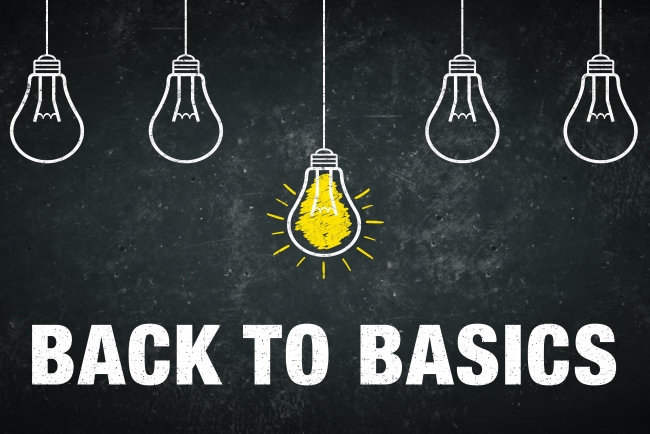
If you had to take a test right this second on disability insurance basics, could you pass? Many insurance sales professionals couldn’t, and that’s a shame. Disability insurance provides critical financial protection, but many people avoid it because they just don’t know that much about it. The good news is that disability insurance is NOT rocket science. Sure, it may be a little confusing at first, but once you learn the basics, you’ll have the understanding you need to start helping your clients protect their paychecks.
What Is Disability Insurance?
Since we’re going over the basics, let’s start at the absolute beginning: What is disability insurance?
Disability insurance provides financial protection against disabilities that prevent a person from being able to work. If the policyholder experiences a qualifying disability, the policy will pay out monthly benefits during the benefit period. The money can be used however the policyholder wishes, whether it’s paying medical bills, keeping up with basic living costs, or spending quality time with loved ones.
Disability insurance may also be called disability income insurance, income protection or paycheck protection. They’re all the same thing – but that doesn’t mean all disability insurance policies are the same. There are different types of coverage, and the differences can be significant:
- Group disability insurance is offered by employers, so the benefit options are limited and coverage is not portable. Group disability insurance can take the form of short-term disability insurance or long-term disability insurance.
- Individual disability insurance is coverage that individuals buy on their own, so the terms are very flexible and coverage is portable. Some people with group disability insurance buy an individual policy to act as supplemental disability insurance.
- Guaranteed Standard Issue DI and Simplified Issue DI forgo the normal underwriting process, making coverage more accessible for people with pre-existing conditions. Guaranteed Standard Issue DI is only available to groups of people with the same employer, and a multi-life discount may also be available.
- Business disability insurance products protect a business in the event a business owner or key employee has a disability. There are different types of business disability insurance products, including business overhead expense insurance, business loan disability insurance and key person disability insurance.
Disability Insurance Options
Individual disability insurance policies come with many ways to customize coverage. This is ultimately a good thing because it means workers can get the coverage they need, but it means there’s a learning curve when you first start selling coverage. Offering the same coverage to everyone can result in lost sales, so to increase your success, try customizing your disability insurance quotes to each client’s needs.
Here’s what you need to know:
- What is your client’s risk? You don’t need to figure out the risk level; that’s the underwriter’s – but you do need to supply relevant information. A client’s risk can also determine which carrier is best for them, so understanding the risk can help you identify the best match. The client’s occupation class is a major factor. Things like whether they smoke or have dangerous hobbies can also make a difference.
- How long can your client wait to receive benefits? Disability insurance policies typically include an elimination period, also called a waiting period, that needs to pass before the policyholder can start receiving benefits. A longer elimination period can help bring down the cost, but the client needs to be prepared for the wait. Read this article on the elimination period eliminator for ideas on how to help your clients with this aspect of coverage.
- How long does your client want to continue receiving benefits? Some disabilities are temporary, but others are permanent. How long a policyholder can continue receiving benefits during a qualifying disability will depend on the length of the policy’s benefit period.
- What definition of disability is suitable? Disability insurance typically defines disability based on one’s ability to work, but the devil is in the details. An own-occupation definition focuses on the policyholder’s ability to work in their chose field, while an any-occupation definition focuses on the policyholder’s ability to work in any field. For specialized professions like doctors and pilots, that can make a big difference.
- What other benefits does your client need? Many disability insurance companies offer a variety of riders that can add benefits, such as retirement riders and student loan riders.
Want to learn more about disability insurance? The Disability Crash Course is the easy way to learn all the disability insurance basics. Download your copy.
